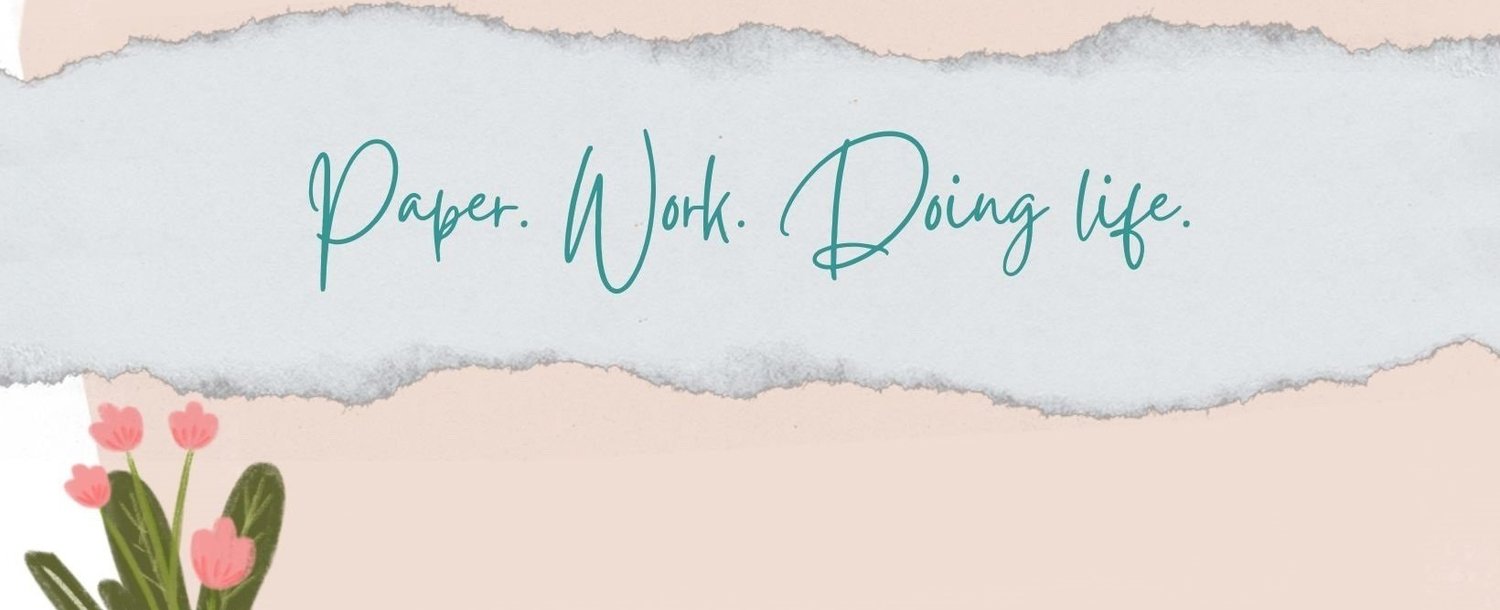Conversion - Katherine Howe
Howe, Catherine. Conversion. New York, Penguin, 2014.
What about the pressures that we put on our kids to succeed, specifically our girls? What are the long and short term ramifications?
According to the author, Conversion is loosely based on a real life event when girls at a prestigious school inexplicably started experiencing a variety of symptoms - seizures, tics, and the like. After exploring several possibilities, they were diagnosed with conversion disorder. Essentially the stresses that these teenage girls were feeling were converted into physical symptoms.
In the novel similar events occur. Colleen is attending St. Joans Academy and is certainly feeling the pressures of senior year. She is 1/10 of a point away from being valedictorian and has just been wait listed for two of her college applications. Mysteriously the girls around her start experiencing a variety of physical symptoms: seizures, temporary paralysis, speech disorders, hair loss. The problems are spreading, and no one can quite determine why.
In the meantime Colleen is studying The Crucible for an extra credit project in AP history, hoping to gain that 1/10 back. She sees the parallels between what is happening in modern day DAnvers, site of the Salem witch trials of the 1600s and begins to ask herself some big questions. Howe alternates these modern fictional events with flashbacks to this same time period. During these flashbacks, Ann Putnam relives the events that comprise these witch trials and ultimately confesses to the false accusations that led to the loss of 19 Puritans to hanging. The parallels that Howe creates are a bit uncanny.
Our tenth graders study The Crucible. Certainly, I should book talk this title with them. The themes will resonate with these readers, particularly the more advanced ones. This title will require some dedication on the part of its readers. A less passionate reader may get lost in the myriad of details at the beginning and the initial portions of the flashbacks to Salem. In the tenth grade, the pressure to excel academically increases fairly intensely. The questions Howe poses about these pressures will generate some interesting conversations among these driven students. I am anxious to join the discussion.
